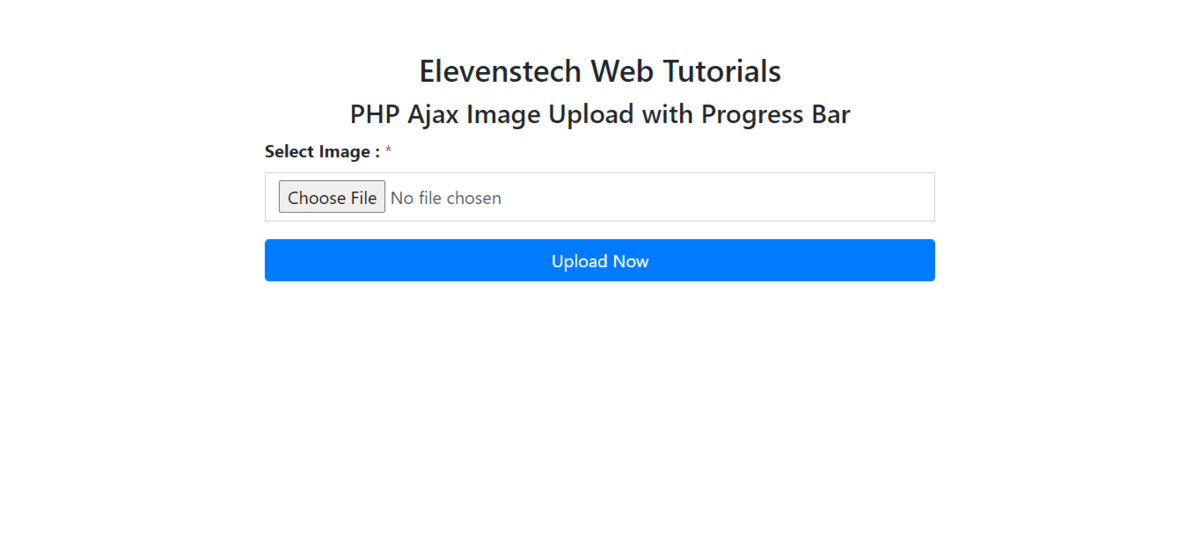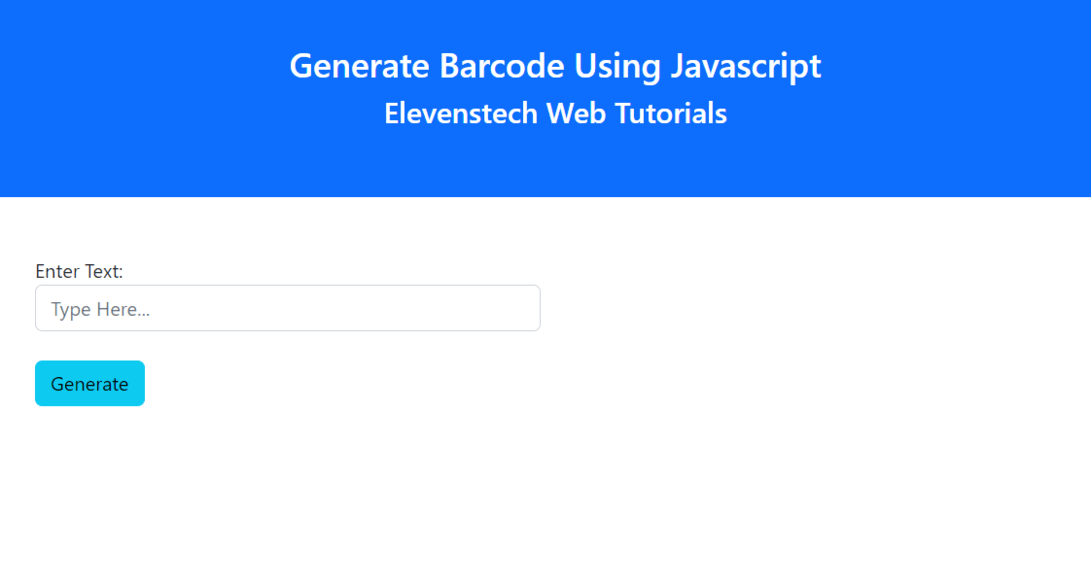PHP Tutorial
What is PHP Environment Setup of PHP PHP Syntax PHP Comments PHP Echo & print PHP Variables PHP Scope Variables PHP $ and $$ Variable PHP Constants PHP Operators PHP Data TypesPHP Conditional Statements
PHP Loop Type
PHP Arrays
PHP String PHP FunctionsPHP Form Examples
Form Intro Get & Post Form Validation / Required PHP Complete FormPHP Advanced
PHP Include / Require PHP Date & Time PHP Session PHP Cookies PHP File Handling PHP Open File PHP Read File PHP Write File PHP Append File PHP Delete File PHP File Upload PHP Sending Mail PHP Error Handlingif...else..elseif
PHP if else statement is used to test condition. You want to perform different actions for different conditions. You can use conditional statements in your code to do this.
There are various ways to use if statement in PHP.
ifstatement - executes some code if one condition is trueif...elsestatement - executes some code if a condition is true and another code if that condition is falseif...elseif...elsestatement - executes different codes for more than two conditionsswitchstatement - selects one of many blocks of code to be executed
PHP - if statement
The if statement allows you to execute a statement if an expression evaluates to true. The following shows the syntax of the if statement:
Example
if(condition)
{
// if TRUE then execute this code
}
PHP - The if...else Statement
PHP if-else statement is executed whether condition is true or false.
If-else statement is slightly different from if statement. It executes one block of code if the specified condition is true and another block of code if the condition is false.
Example
if(condition)
{
//code to be executed if true
}
else
{
//code to be executed if false
}
PHP - The if…elseif…else Statement
This allows us to use multiple if…else statements. We use this when there are multiple conditions of TRUE cases.
Example:
if(condition)
{
// if TRUE then execute this code
}
elseif
{
// if TRUE then execute this code
}
elseif
{
// if TRUE then execute this code
}
else
{
// if FALSE then execute this code
}
PHP - Switch Statement
PHP switch statement is used to execute one statement from multiple conditions. It works like PHP if-else-if statement.
To use switch, we need to get familiar with two different keywords namely, break and default.
- The break statement is used to stop the automatic control flow into the next cases and exit from the switch case.
- The default statement contains the code that would execute if none of the cases match.
Example
switch(n){
case statement1:
code to be executed if n==statement1;
break;
case statement2:
code to be executed if n==statement2;
break;
case statement3:
code to be executed if n==statement3;
break;
case statement4:
code to be executed if n==statement4;
break;
......
default:
code to be executed if n != any case;
Elevenstech Web Tutorials
Elevenstech Web Tutorials helps you learn coding skills and enhance your skills you want.
As part of Elevenstech's Blog, Elevenstech Web Tutorials contributes to our mission of “helping people learn coding online”.
Read More
Newsletter
Subscribe to get the latest updates from Elevenstech Web Tutorials and stay up to date

 Click to Join
Click to Join



